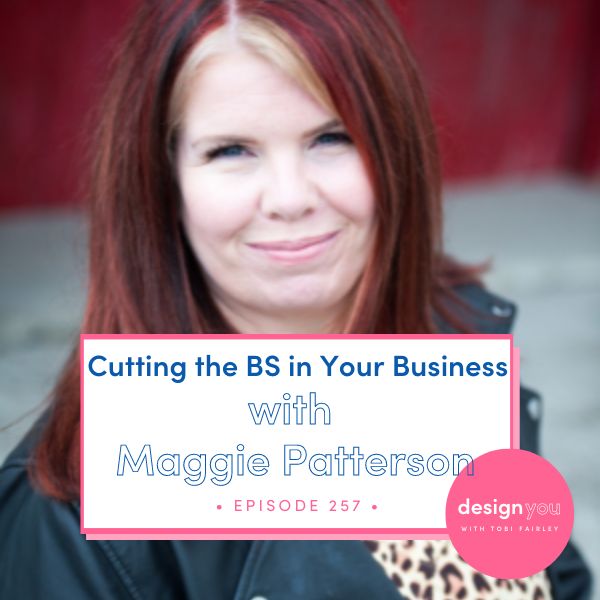
Do you struggle with marketing? For many entrepreneurs, marketing and sales are the aspects of their business that makes them most uncomfortable. But my guest this week is here to discuss marketing in a way you’ve maybe never heard it framed before, and she’s sharing why, if you hate marketing, there’s nothing wrong with you, you’ve just been taught these disciplines in unhelpful and icky ways.
Maggie Patterson has two decades of experience working in client services and she’s been a successful entrepreneur herself for 15 of those years. She works with service businesses and agency owners to build BS-free businesses, helping them market themselves authentically and honestly.
Tune in this week to discover why marketing currently feels icky, and how to go back to basics, putting the customer first. Maggie is sharing her humane business practices, rooted in respect, empathy, and trust, so you can feel empowered, authentic, and proud in how you do business with other human beings.





